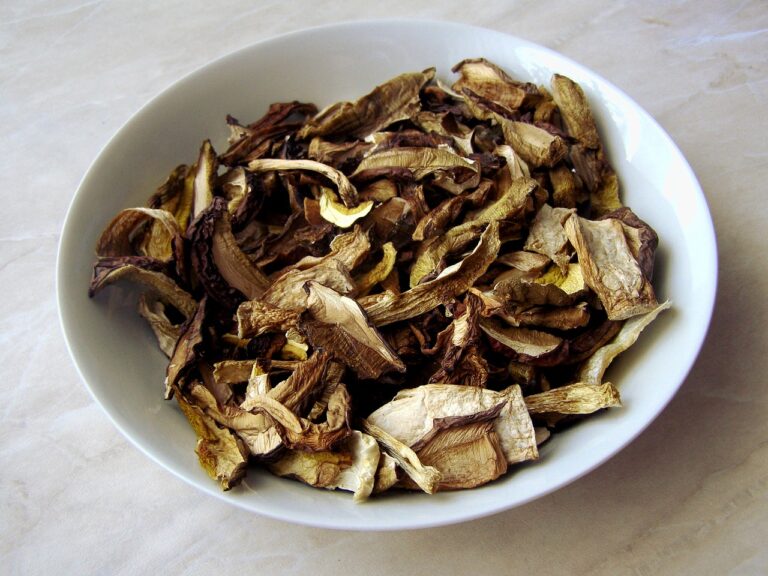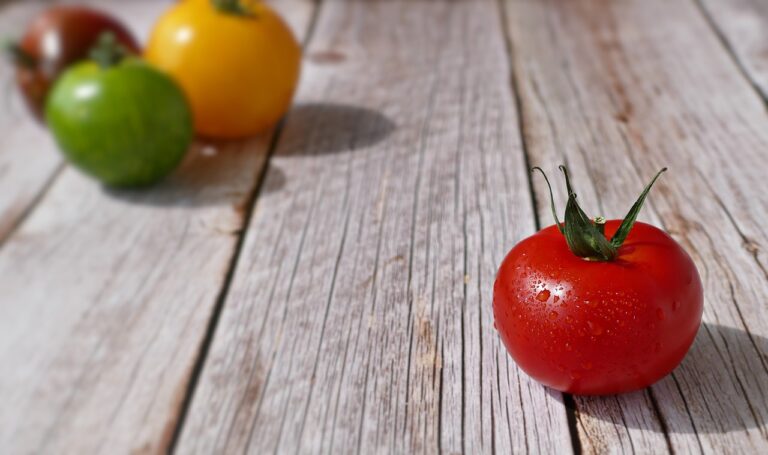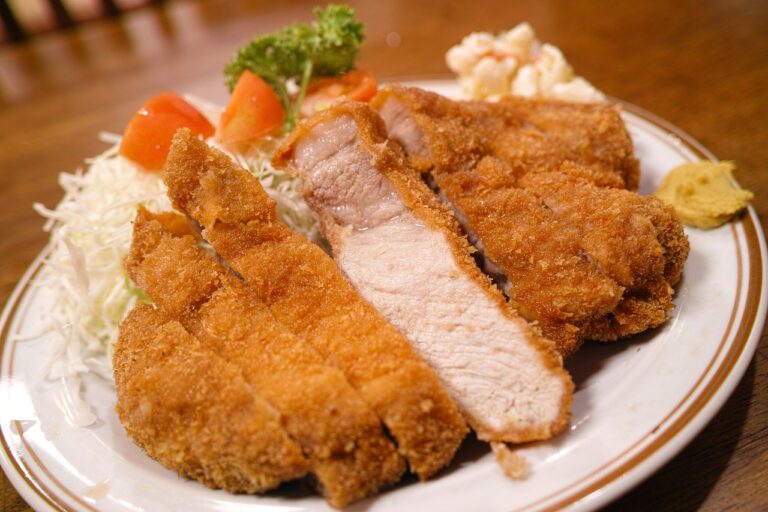Farming in the Digital Age: How Technology is Transforming Agriculture: 11xplaylogin, King567 sign up, Skyinplay
11xplaylogin, king567 sign up, skyinplay: In today’s rapidly evolving world, technology is becoming an integral part of almost every industry, including agriculture. Farmers are now embracing digital tools and techniques to enhance productivity, efficiency, and sustainability on their farms. This shift towards a more technology-driven approach to farming is revolutionizing the agricultural landscape and paving the way for a more prosperous and sustainable future.
Digital tools such as drones, sensors, and GPS technology are transforming the way farmers manage their land. These tools allow farmers to gather real-time data on soil conditions, crop health, and weather patterns, enabling them to make more informed decisions about planting, irrigation, and crop protection. By analyzing this data, farmers can optimize their inputs, minimize waste, and maximize yields.
One of the most significant advancements in digital agriculture is the use of precision farming techniques. Precision farming involves using technology to tailor farming practices to individual fields or even specific areas within a field. By utilizing GPS-guided tractors and equipment, farmers can apply fertilizers, pesticides, and irrigation exactly where they are needed, minimizing the environmental impact and maximizing crop yields.
Another groundbreaking technology that is revolutionizing agriculture is the Internet of Things (IoT). IoT devices, such as smart sensors, are being used to monitor everything from soil moisture levels to livestock health. These devices can transmit data wirelessly to a central database, allowing farmers to track trends over time and make proactive decisions to optimize their operations.
Farmers are also embracing robotics and automation to streamline labor-intensive tasks such as planting, harvesting, and weeding. Autonomous tractors and drones equipped with cameras and sensors can now perform these tasks more efficiently and accurately than ever before. By automating these processes, farmers can reduce labor costs, increase productivity, and improve overall profitability.
The digital transformation of agriculture is not only improving efficiency and productivity but also promoting sustainability. By using technology to monitor and manage resources more effectively, farmers can reduce their environmental footprint and preserve natural resources for future generations. Digital tools can help farmers conserve water, reduce chemical usage, and minimize waste, leading to more sustainable farming practices.
Overall, the adoption of digital technology in agriculture is reshaping the industry in profound ways. By embracing tools such as drones, sensors, GPS technology, IoT devices, robotics, and automation, farmers are revolutionizing the way they manage their operations. This digital transformation is not only improving productivity and efficiency but also promoting sustainability and environmental stewardship.
In conclusion, farming in the digital age is an exciting and transformative journey that is revolutionizing the agricultural industry. By embracing technology and innovation, farmers are setting the stage for a more prosperous, sustainable, and efficient future for agriculture.
—
FAQs
Q: How are drones being used in agriculture?
A: Drones are being used in agriculture for tasks such as crop monitoring, spraying pesticides, and mapping fields. They can provide real-time data on crop health, soil conditions, and pest infestations, allowing farmers to make more informed decisions about their operations.
Q: What is precision farming?
A: Precision farming is a farming approach that uses technology to tailor farming practices to specific areas within a field. By utilizing GPS-guided tractors and equipment, farmers can apply inputs such as fertilizers, pesticides, and irrigation exactly where they are needed, leading to improved efficiency and productivity.
Q: How can digital tools help promote sustainability in agriculture?
A: Digital tools such as sensors, drones, and IoT devices can help farmers monitor and manage resources more effectively, leading to reduced water usage, chemical inputs, and waste. By optimizing their operations, farmers can promote sustainability and environmental stewardship on their farms.







